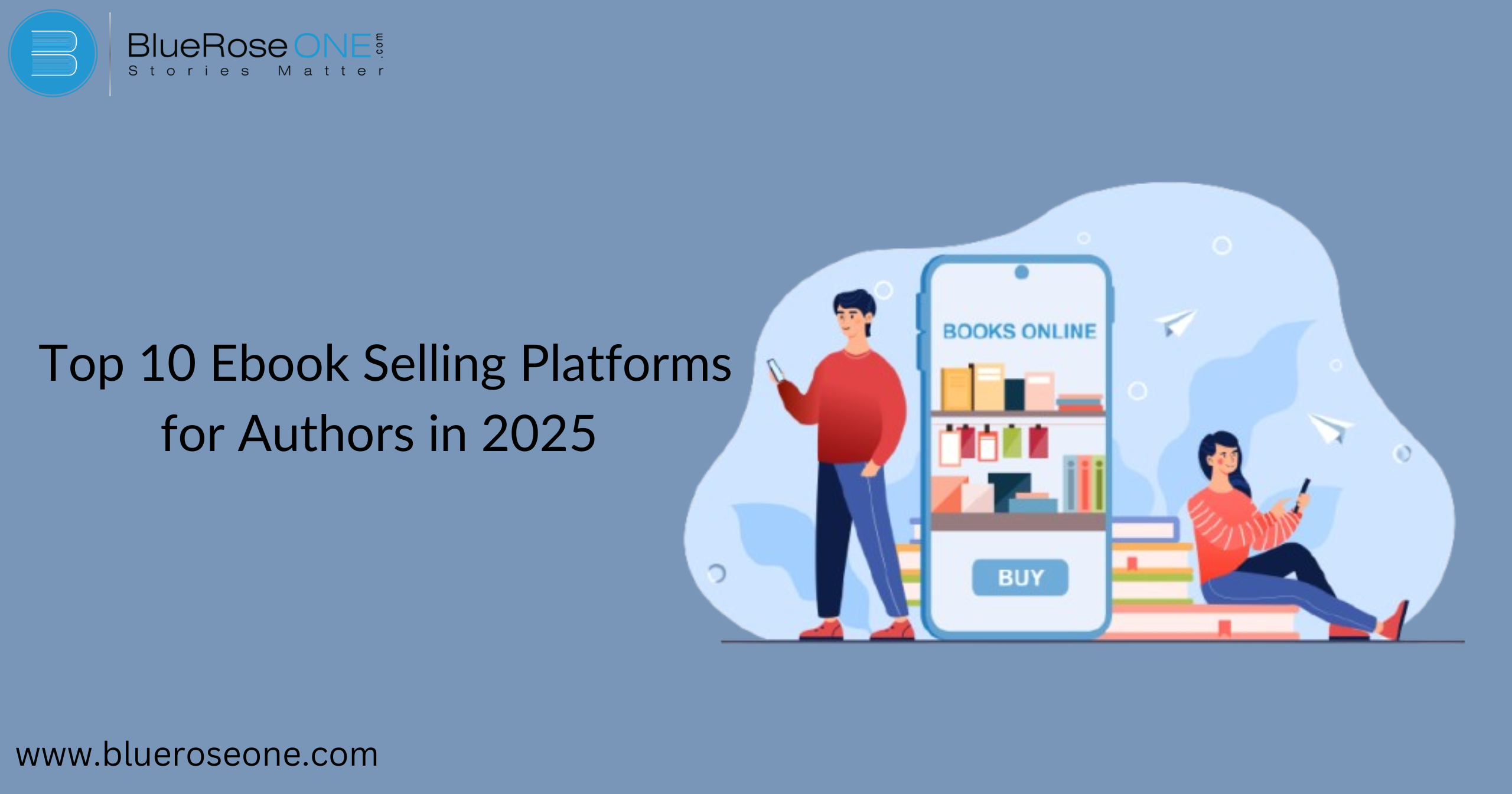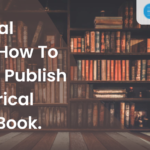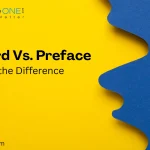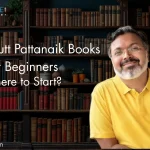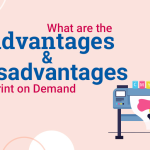The digital book market has exploded in 2025, and self-publishing has never been easier—or more competitive. Whether you’re a first-time author or a seasoned writer, choosing the right eBook selling platform can make or break your success. With so many options available, it’s easy to get overwhelmed. But don’t worry—we’ve done the legwork for you. Here’s a rundown of the top 10 eBook selling platforms for authors in 2025, including their perks, quirks, and who they’re best suited for.
Amazon Kindle Direct Publishing (KDP) is one of the most popular ebook sales platforms for authors in 2025. It enables authors to self-publish their novels and reach millions of people via Amazon’s global platform. KDP allows authors to maintain full rights and earn up to 70% royalties on digital sales.
The platform supports a variety of formats, including Kindle eBooks and paperbacks, as well as formatting tools such as Kindle Create.
Its user-friendly interface and widespread distribution make it suitable for both new and experienced authors.
Key Features
- Direct access to Amazon’s massive global audience
- Kindle Unlimited and KDP Select exclusivity options
- 70% royalty option in select territories
Pros
- Huge reader base
- Easy-to-use dashboard
- Fast publishing time
Cons
- Exclusivity limits if enrolled in KDP Select
- Competition is fierce
Best for
Authors looking for maximum visibility and quick setup.
You may also read: Book Review: Student Politics of IIT Madras by Shushant Jaswal
You may also like: Archangels Names List: Meanings, Powers, and Symbolism
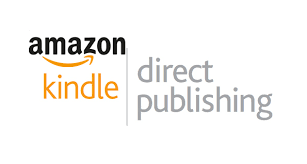
Amazon Kindle Direct Publishing - Ebook Selling Platform
Apple Books for Authors is a sophisticated self-publishing platform that connects writers with millions of readers on iPhones, iPads, and Macs. With its user-friendly interface and global reach, authors may publish eBooks for free while earning up to 70% royalties.
The platform provides authors with useful tools like sales analytics, marketing resources, and promotional opportunities to help them flourish. Its integration with Apple devices makes it an excellent alternative for reaching out to tech-savvy and committed Apple readers throughout the world.
Key Features
- Direct publishing to Apple Books
- Up to 70% royalties
- In-depth analytics and marketing tools
Pros
- High-quality interface
- Loyal Apple user base
- Strong in English-speaking countries
Cons
- Mac is needed for some publishing tools
- Slightly steep learning curve for non-techies
Best for
Authors targeting Apple’s premium market.
You may also like: Savi Sharma Books | India’s Best Selling Inspirational Author
You may also read: The Selection Series in Order: Full Book Guide
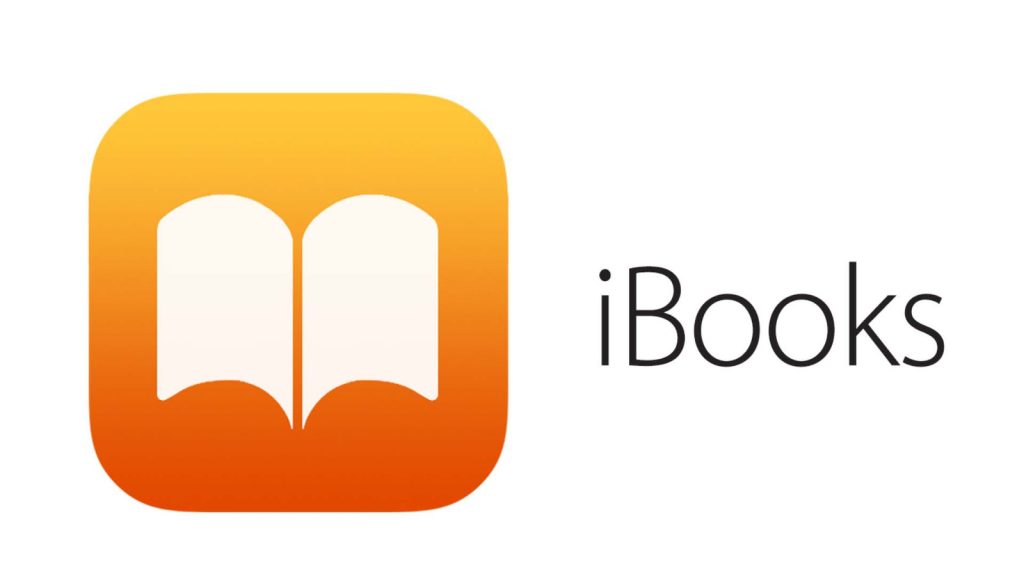
Apple Books - Ebook Selling Platform
3. Kobo Writing Life
Kobo Writing Life is a popular self-publishing platform that enables authors to publish and distribute eBooks to a worldwide audience. It is operated by Rakuten Kobo and connects writers to millions of readers in over 190 countries.
Authors retain complete control over pricing, rights, and royalties, earning up to 70% of sales.
Kobo Writing Life also supports several languages and gives thorough sales information, making it an excellent choice for foreign authors seeking to broaden their audience.
Key Features
- 45%–70% royalties
- Strong international distribution
- Promotion opportunities via Kobo promotions
Pros
- Easy to use
- Global audience, especially in Canada and Europe
- No exclusivity requirements
Cons
- Smaller market share than Amazon
- Less visibility in the U.S.
Best for
Authors who want to reach readers outside the U.S.
You may also read: His Dark Materials Series (Review) 2025: A Timeless Fantasy Saga by Philip Pullman
You may also like: 400 Adjectives That Start with L to Level Up Your Vocabulary
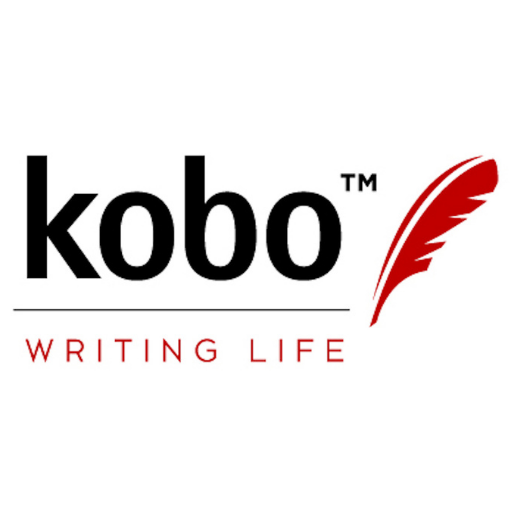
Kobo - Ebook Selling Platform
Barnes & Noble Press is a simple self-publishing platform that enables authors to publish and sell eBooks and print books straight to Barnes & Noble’s massive online audience.
With competitive royalty rates (up to 70% for eBooks) and no upfront expenditures, it’s an appealing choice for indie authors. The platform provides simple formatting tools, promotional opportunities, and the ability to reach millions of Nook users.
Authors benefit from detailed sales reporting and global distribution.
Key Features
- Publish eBooks and paperbacks
- Keep up to 70% of royalties
- Built-in distribution to BN.com and Nook
Pros
- Easy print-on-demand services
- Simple interface
- Known brand name
Cons
- Limited to U.S. market
- Lower traffic compared to Amazon
Best for
Authors targeting U.S. readers and wanting both eBook and print.
You may also like: Top 5 Book Publishers in the UK: Which One is the Best?
You may also like: The Housemaid Series in Order: A Complete Reading Guide
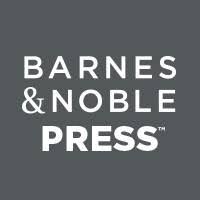
Barnes & Noble - Ebook Selling Platform
Google Play Books is a popular eBook selling platform that enables authors to reach millions of Android users worldwide. As part of the Google ecosystem, it is easily discoverable through the Play Store and effortlessly connects with Google Books to improve search exposure.
Authors can set their own prices, retain distribution rights, and receive a 70% royalty rate in most territories.
Google Play Books, with its user-friendly publishing tools and real-time analytics, is a strong alternative for self-publishing writers in 2025.
Key Features
- Connects to billions of Android users
- No exclusivity clauses
- Google-powered discoverability
Pros
- Wide international reach
- Easy Google integration
- High visibility in search
Cons
- Publishing interface can be buggy
- Discounting issues in the past
Best for
Authors looking for SEO-driven discoverability.
You may also read: List of 10 Famous William Faulkner Books of All Time
You may also like: 200 Adjectives That Start with A to Boost Your Writing
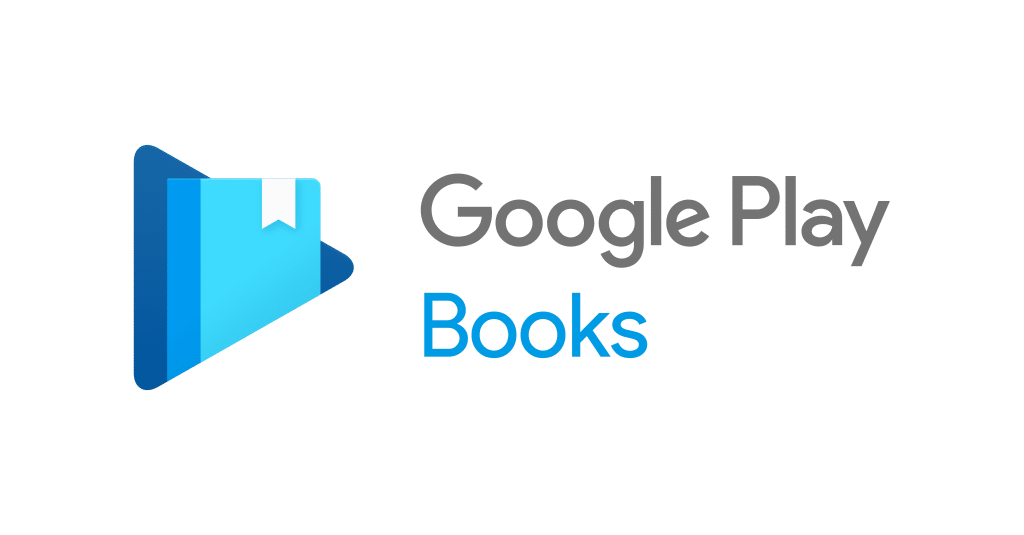
Google Play Books - Ebook Selling Platform
Draft2Digital is a popular eBook publishing platform that makes the self-publishing process easier for authors.
Draft2Digital, known for its easy-to-use interface, allowing writers to convert manuscripts into professional-quality eBooks and distribute them to major stores such as Apple Books, Kobo, Barnes & Noble, and more.
One major advantage is its extensive distribution network and automated formatting tools. Draft2Digital also provides free ISBNs and useful features such as universal book links and author pages, making it a top alternative for indie authors in 2025.
Key Features
- Distributes to Apple, Barnes & Noble, Kobo, and more
- Free to use with no upfront costs
- Auto-formatting tools
Pros
- Saves time by publishing to many stores
- Excellent customer support
- Clean dashboard
Cons
- Takes a cut of royalties
- No direct Amazon publishing
Best for
Authors who want wide distribution without tech headaches.
You may also like: List of Top 10 Famous Ravinder Singh Books of All Time
You may also read: 150 4 Syllable Words: Complete List with Meanings and Examples
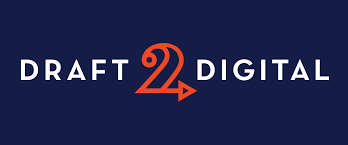
Draft2Digital - Ebook Selling Platform
Smashwords is a popular eBook distribution network that allows independent authors and publishers to publish, distribute, and sell their eBooks worldwide.
Smashwords is well-known for its user-friendly interface and extensive distribution network, which includes major merchants such as Apple Books, Barnes & Noble, and Kobo. It also provides useful marketing tools like coupons and preorders.
Authors retain control over price and rights, making it an excellent option for those looking for widespread exposure without losing creative independence.
Key Features
- Aggregates to libraries, retailers, and more
- Offers coupon tools and pricing control
- Long-standing indie-friendly platform
Pros
- Reach niche markets and libraries
- Customizable distribution
- Loyal indie author base
Cons
Indie authors who want maximum control and flexibility.
Best for
Indie authors who want maximum control and flexibility.
You may also like: The Stormlight Archive Series Review: Is It Worth Reading?
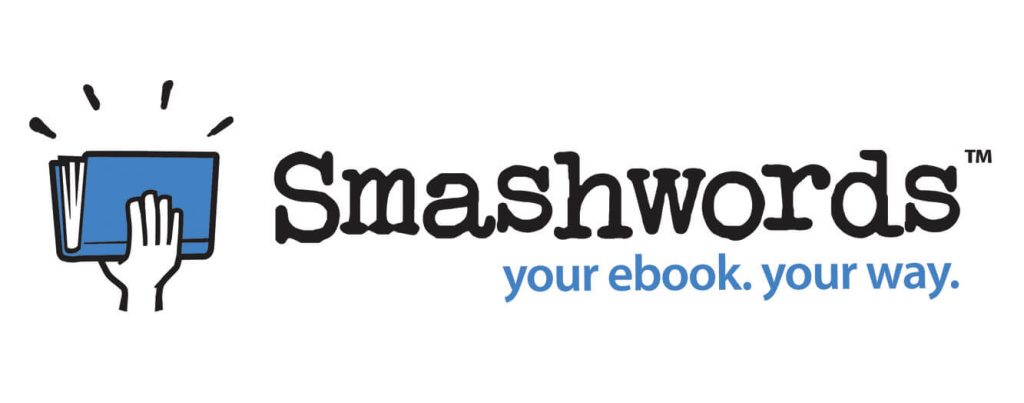
Smashwords - Ebook Selling Platform
A blurb is a brief promotional description or synopsis of a book that is usually placed on the back cover or in the online listing of an eBook.
A fascinating blurb is essential for authors using eBook selling platforms in order to attract readers and increase revenue. It emphasizes the book’s core premise, tone, and genre in an attempt to entice potential purchasers.
A well-written blurb can help your book stand out from thousands of other titles in crowded digital markets.
Key Features
- Specializes in photo books, portfolios, and visual content
- Print and digital publishing
- Integration with Adobe InDesign and Lightroom
Pros
- High-quality printing
- Ideal for image-heavy content
- Print-on-demand and eBook combo
Cons
- Not suited for text-heavy novels
- Niche audience
Best for
Authors and artists creating visually-driven books.
You may also read: List of Top 10 Famous Durjoy Dutta Books of All Time
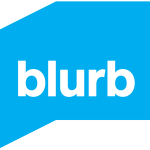
Blurb - Ebook Selling Platform
How to Choose the Right eBook Platform
Picking the best platform isn’t one-size-fits-all. Here’s how to decide:
Know Your Audience
Understanding your target audience is critical when choosing the best eBook platform. Different platforms target different reader demographics and genres.
Amazon Kindle Direct Publishing (KDP) is suited for popular fiction and nonfiction, whereas Smashwords and Draft2Digital serve specialized and overseas markets.
Find out where your target readers buy eBooks, as well as their favorite formats and devices. Choosing a platform that matches your audience’s habits can dramatically enhance your visibility, downloads, and long-term sales success.
Compare Royalty Rates and Fees
When selecting the best eBook platform, it is critical to analyze royalty rates and associated costs. Some sites, such as Amazon KDP, provide up to 70% royalties depending on pricing and area, while others may charge a higher share.
Keep an eye out for shipping fees, distribution charges, and subscription-based pricing plans, which might have an impact on your earnings.
Examining each platform’s payment structure thoroughly allows you to maximize income and choose the greatest fit for your publishing objectives.
Consider Distribution Channels
When selecting the best eBook platform, it’s critical to evaluate the distribution methods. Some sites, such as Smashwords and Draft2Digital, distribute to various stores, including Apple Books, Barnes & Noble, and Kobo, broadening your book’s audience.
Others, such as Amazon Kindle Direct Publishing (KDP), provide sophisticated capabilities but primarily target Amazon’s environment. Evaluating where and how your eBook will be published ensures that it reaches your intended audience and increases your chances of sales success.
Check Ease of Use and Support
When selecting the best eBook platform, it is critical to consider simplicity of use and customer support. A user-friendly interface helps you save time while publishing, formatting, and managing sales. Look for platforms that provide user-friendly dashboards, clear instructions, and useful tools for authors.
Reliable customer support—whether via live chat, email, or help centers—is also critical for resolving difficulties swiftly.
A platform that combines simplicity and solid assistance makes the writing process easier for both new and seasoned authors.
You may also like: A Touch of Eternity a Book by Durjoy Dutta – Book Review
You may also like: Where the Red Fern Grows Book Summary & Themes
Tips to Maximize Sales on Any eBook Selling Platform
Optimize Your Book Title and Cover
People do judge a book by its cover—make it count. Your book title and cover are the first impressions readers have, so make them count.
A captivating title should be concise, topical, and contain keywords to improve search exposure. To attract your target audience, your cover design must be professional, eye-catching, and relevant for the genre.
A polished title and cover on popular eBook selling platforms like Amazon Kindle and Apple Books can greatly increase clicks, downloads, and sales, allowing your book to stand out in a crowded field.
Write engaging descriptions.
Creating a compelling book description is critical for attracting potential readers and increasing sales on any platform. A well-written description should captivate readers from the opening sentence, highlight the book’s unique value, and conclude with a compelling call to action.
Use clear, convincing language and phrases relevant to your genre. Strong descriptions increase visibility and conversion rates on platforms such as Amazon and Kobo, making them an effective tool for maximizing the success of your ebook.
Utilize Keywords and Metadata
Using the appropriate keywords and metadata is vital for increasing visibility and sales on any eBook platform. Keywords assist potential readers in finding your book via search functions, but well-crafted metadata—such as title, subtitle, and book description—improves your book’s discoverability.
Use resources like the Amazon KDP search bar or Google Trends to find suitable keywords. Including genre-specific terms and reader-friendly descriptions improves your chances of reaching the intended audience and appearing in platform recommendations or search results.
Encourage Reviews and Engagement
Positive feedback can dramatically improve your eBook’s visibility and trustworthiness across all platforms. Encourage readers to leave reviews by including a courteous request near the end of your book or in follow-up emails.
To establish a dedicated following, engage them through comments, social media, or author newsletters.
Platforms frequently favor books with high ratings and frequent interactions, thus engagement is an important aspect in increasing sales and preserving long-term success as an indie author.
You may also like: 100+ Adjectives Begin with I (With Definitions & Examples)
Final Thoughts
In 2025, the opportunities for authors are endless. Whether you’re selling directly through Gumroad or reaching millions on Amazon, there’s a platform that fits your goals. Don’t be afraid to test, explore, and diversify. The right platform could be the bridge between obscurity and bestseller status.

